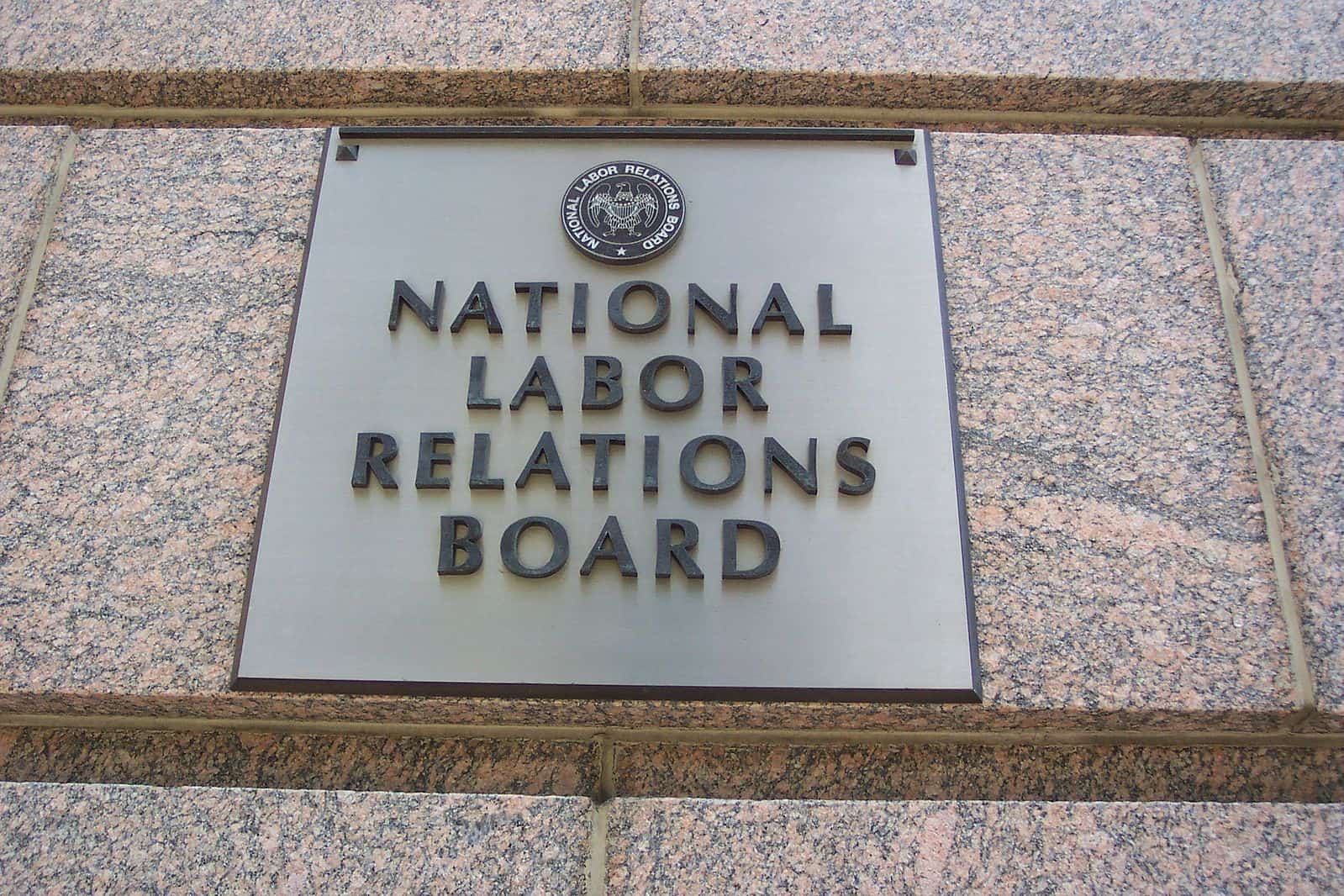
Alexandra Butler is a student at Harvard Law School.
The number of initial state unemployment claims decreased by 34,000 last week, resulting in a weekly adjusted total of 473,000 claims. Despite this sign that the labor market is beginning to heal, economists are nonetheless worried. For certain industries, job applications are down and hiring has stalled. Politico provides several explanations for this state of affairs, such as workers’ concerns about safety and the inability to find adequate childcare.
A recent paper authored by Dr. Lawrence Mishel and Dr. Josh Bivens at the Economic Policy Institute (EPI) examines the relationship between middle-class wage suppression and policymaking. Specifically, it highlights and criticizes policy preferences that have favored employers over employees and labor unions. These policies include the government’s willingness to accept higher than normal unemployment rates and the “eros[ion of] collective bargaining.” As a result, the authors argue that the current average hourly wage is ten dollars less than what the expected wage, in light of current worker productivity, should be. As the New York Times highlights, this thesis rebuts other common explanations for wage suppression, namely the rise of technology and the subsequent premium placed on college degrees. Rather, under Dr. Mishel and Dr. Bivens’ approach, it is government intervention that will most adequately address the current state of affairs.
Yesterday, the Metropolitan Opera’s stagehands, musicians and designers protested outside of New York City’s Lincoln Center in response to a contract dispute with its employer. As Maxwell reported yesterday, contract negotiations between the performing arts institution and the two unions that represent these workers have been largely unsuccessful. While the Met argues that a new contract must include wage cuts in order to reopen its doors, the unions argue that the cuts are unnecessary and that “[t]he Met is the only place that continues to try to destroy its workers’ contracts.”
On Thursday, the Coalition for Workplace Innovation, whose members include Uber and Lyft, challenged the legality of a recent Biden administration rule rescission. The previous administration’s now rescinded rule allowed for a what appeared to be a more flexible approach in determining who was an employee under the Fair Labor Standards Act (FLSA). Yet, many criticized the rule as allowing employers to overuse the label of independent contractor and avoid adhering to “the protections of the [FLSA].” In the amended complaint, the Coalition contests the rescission as a violation of the Administrative Procedure Act (APA).
Today, the U.S. Court of Appeals for the D.C. Circuit will hear the AFL-CIO’s challenge to a series of union election rules promulgated by the National Labor Relations Board (NLRB). Oral arguments will center on whether it was necessary for the NLRB to engage in notice-and-comment under the APA. While the NLRB maintains that the election rules are procedural in nature and thus, under the APA, did not require notice-and-comment, the AFL-CIO argues that the rules “substantive[ly] . . . alter the rights and interests of parties.” How the Court resolves this dispute could have a significant impact on the efficacy of union elections moving forward. Some view the rules as “insert[ing] unnecessary delays at every step of the election process,” which will ultimately undermine workers’ efforts to organize.






Daily News & Commentary
Start your day with our roundup of the latest labor developments. See all
February 25
OSHA workplace inspections significantly drop in 2025; the Court denies a petition for certiorari to review a Minnesota law banning mandatory anti-union meetings at work; and the Court declines two petitions to determine whether Air Force service members should receive backpay as a result of religious challenges to the now-revoked COVID-19 vaccine mandate.
February 24
In today’s news and commentary, the NLRB uses the Obama-era Browning-Ferris standard, a fired National Park ranger sues the Department of Interior and the National Park Service, the NLRB closes out Amazon’s labor dispute on Staten Island, and OIRA signals changes to the Biden-era independent contractor rule. The NLRB ruled that Browning-Ferris Industries jointly employed […]
February 23
In today’s news and commentary, the Trump administration proposes a rule limiting employment authorization for asylum seekers and Matt Bruenig introduces a new LLM tool analyzing employer rules under Stericycle. Law360 reports that the Trump administration proposed a rule on Friday that would change the employment authorization process for asylum seekers. Under the proposed rule, […]
February 22
A petition for certiorari in Bivens v. Zep, New York nurses end their historic six-week-strike, and Professor Block argues for just cause protections in New York City.
February 20
An analysis of the Board's decisions since regaining a quorum; 5th Circuit dissent criticizes Wright Line, Thryv.
February 19
Union membership increases slightly; Washington farmworker bill fails to make it out of committee; and unions in Argentina are on strike protesting President Milei’s labor reform bill.